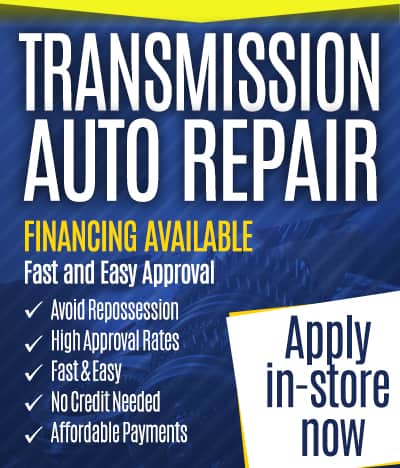Suzuki’s Recalled Transmissions Could Pose a Crash Risk
While Suzuki remains a fairly niche auto manufacturer in an industry dominated by Fords, Hondas, Mazdas, and Toyotas, many Suzuki drivers are extraordinarily brand-loyal. But unfortunately, a recent recall of around 6,000 2013 Kizashi sedans and SX4 hatchbacks could dampen some drivers’ enthusiasm, especially as this recall involves a potentially dangerous issue with the transmission control module (TCM). Read on to learn more about this recall and how affected Suzuki drivers should proceed.
What Should You Know About the Suzuki Recall?
This recall affects only the Kizashi sedans and SX4 hatchbacks that are equipped with the continuously variable automatic transmissions (CVTs). Unlike traditional automatic transmissions, which rely on the vehicle’s speed to determine when to shift, or manual transmissions, which require drivers to depress the clutch and change gears manually, CVTs utilize a continuous range of effective gear ratios. This makes these transmissions highly efficient, as they’re able to constantly shift to the gear ratio that provides only as much power as is immediately needed, improving overall fuel economy.
But the problematic transmission control module in these CVTs may be prone to premature and unexpected failure. A TCM failure while driving could cause the vehicle to suddenly reduce its speed (or its ability to accelerate), increasing the likelihood of a crash. Drivers who lose power while in high-speed interstate traffic and who aren’t able to make their way to the highway shoulder before their forward momentum stops could be at extreme risk of being struck if they attempt to leave the car to get help.
What Are Some Signs of a Faulty TCM?
While TCM failure can often occur without any prior warning, there are some signs drivers may notice that can indicate it’s time to head to a mechanic. These include:
- Your transmission doesn’t seem to downshift correctly when you stop at a light or a stop sign;
- The number of revolutions per minute (RPMs) suddenly and unexpectedly increases when you apply the brakes or begin to coast;
- It seems “bogged down” or sluggish when you try to accelerate; or
- It has trouble shifting out of neutral or suddenly shifts into neutral while you’re driving at highway speed.
You may also notice that your check engine light or service lamp is illuminated; while many check-engine codes are fairly minor (like the O2 sensor), a check engine light that flashes or that is accompanied by a loss of engine power means you need to get off the road as quickly as possible for your own safety.
What Should Drivers Do Next?
Fortunately, Suzuki has promised to quickly replace any faulty TCMs on vehicles that are subject to this recall, at no cost to the consumer. You may have already received a letter from Suzuki providing you with instructions on scheduling your repair and giving you a list of area dealerships you can contact. Visit your local dealership or contact the National Highway Traffic Safety Administration’s vehicle-safety hotline at 888-327-4236 (with your vehicle identification number handy) to learn more about your options.
SEE ALSO
What Should I Do if My Check Engine Light Comes On?































